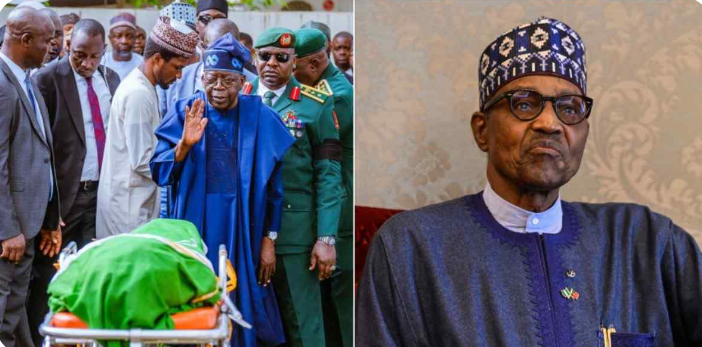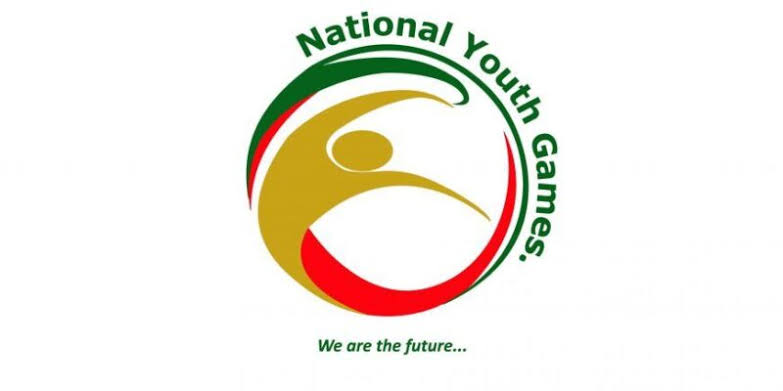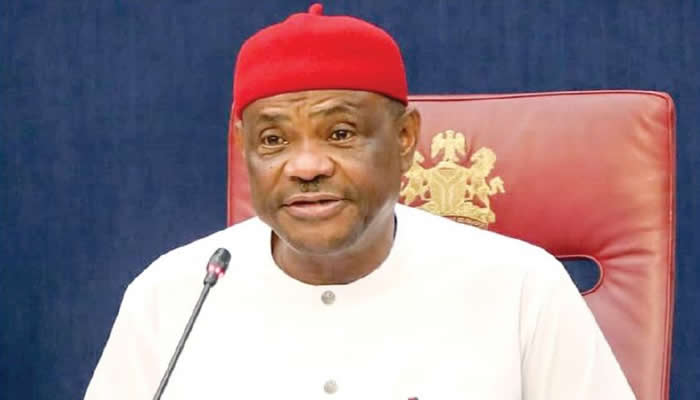
“Shut Out Before the Race?” – ADC Constitution Slams the Door on Peter Obi’s 2027 Presidential Ambition

In a political twist that has sparked fresh debates across Nigeria’s sociopolitical spectrum, the African Democratic Congress (ADC) has effectively disqualified former Labour Party presidential candidate, Peter Obi, from flying its flag in the much-anticipated 2027 general election. This unexpected move comes as a direct consequence of the party’s constitutional provisions, which sharply prohibit individuals affiliated with other political parties from vying for office under its platform.
The buzz had been building steadily in recent months, as Peter Obi’s subtle alignment with the ADC fueled speculation that he might be preparing to jump ship ahead of 2027. Known for his disciplined image, data-driven rhetoric, and a loyal base that exploded during the 2023 presidential race, Obi had remained coy about his next move. Yet, whispers of a potential shift from the Labour Party to the ADC refused to die down — until now.
The ADC’s third schedule on primary election guidelines, specifically Article 8 under the section on membership, leaves no room for ambiguity. It clearly states that any aspirant seeking the party’s nomination “must not belong to any other political party.” For individuals with prior affiliations, the guideline insists on a formal resignation and full dissociation from the former party before they can be considered eligible.
This particular clause has turned into a brick wall for Obi, who remains the face and heartbeat of the Labour Party. In an era where political cross-carpeting is routine and often expected, the ADC’s rigid stance comes as a firm declaration that the days of open-door policy for influential defectors might be over — at least in their camp.
Obi’s media aide, Dr. Tanko Yunusa, did little to extinguish the fire when pressed for clarification. “Well, that will be made public if he decides to do that. At the moment, he is still a member of the Labour Party,” Yunusa said, essentially confirming that Obi has not formally renounced his current political base.
Political observers see this development as a calculated move by the ADC to enforce discipline and integrity within its internal processes, perhaps in an attempt to distance itself from the reputation of being a “backup” party for high-profile politicians who find themselves edged out of their original platforms. While the party stopped short of mentioning Obi by name in its latest policy reaffirmations, the implications were clear: no defection, no candidacy.
Meanwhile, the field appears to be clearing for other political giants such as former Vice President Atiku Abubakar and ex-Governor of Rivers State Rotimi Amaechi. Both men, now unencumbered by ties to their previous parties—the People’s Democratic Party (PDP) and All Progressives Congress (APC), respectively—have reportedly met the ADC’s membership requirements and have been greenlit by its National Executive Committee. Their clearance not only sharpens the political stakes but also highlights the growing significance of the ADC as a potential third-force powerhouse in Nigeria’s evolving democracy.
The party’s leadership, in reaffirming its position, stressed that the 2027 primaries would reflect the will of the people and remain guided by transparency and fairness. In a public statement, the ADC said, “The electoral committee of the party shall conduct primary elections that will produce credible candidates that reflect the choice of the people.” The party also reaffirmed its right to conduct primaries using any of the three accepted formats — direct primaries, indirect primaries, or a consensus model — depending on the strategic decision of its leadership.
As Nigeria inches closer to another pivotal election cycle, the political airwaves are thick with speculation, maneuvering, and high-stakes calculations. Obi’s current position—still tethered to the Labour Party while testing the waters with the ADC—has become a source of both curiosity and contention. His camp has yet to officially respond to the ADC’s declaration with a counterplan or strategy, leaving millions of his supporters suspended in uncertainty.
For a man widely praised for his disruptive influence in the 2023 elections, where he captured the imagination of youth voters and urban elites, the current setback may either be a strategic pause or a genuine misstep in political timing. While some insiders believe Obi is simply playing the long game and might still sever ties with the Labour Party in time to navigate around the ADC’s rules, others argue that the window of opportunity is closing fast—and decisively.
In contrast, the ADC’s stance may also be read as a message to voters and political players alike: credibility and loyalty to the party are no longer optional. In a nation plagued by political opportunism and incessant carpet-crossing, the party's insistence on firm constitutional adherence could endear it to Nigerians seeking authentic leadership and internal party democracy.
Still, with 2027 over a year away, the political terrain remains unpredictable. New alliances could form overnight, fresh controversies may erupt, and the possibility of Obi forging or resurrecting yet another political platform cannot be ruled out. But for now, as far as the ADC is concerned, Peter Obi has no seat at their table.
The race to Aso Rock is heating up early, and one of its most talked-about contenders just found himself locked out of a gate he was quietly trying to open. Whether he finds another door—or breaks one down—remains to be seen. But one thing is certain: the road to 2027 just got a lot more interesting.


